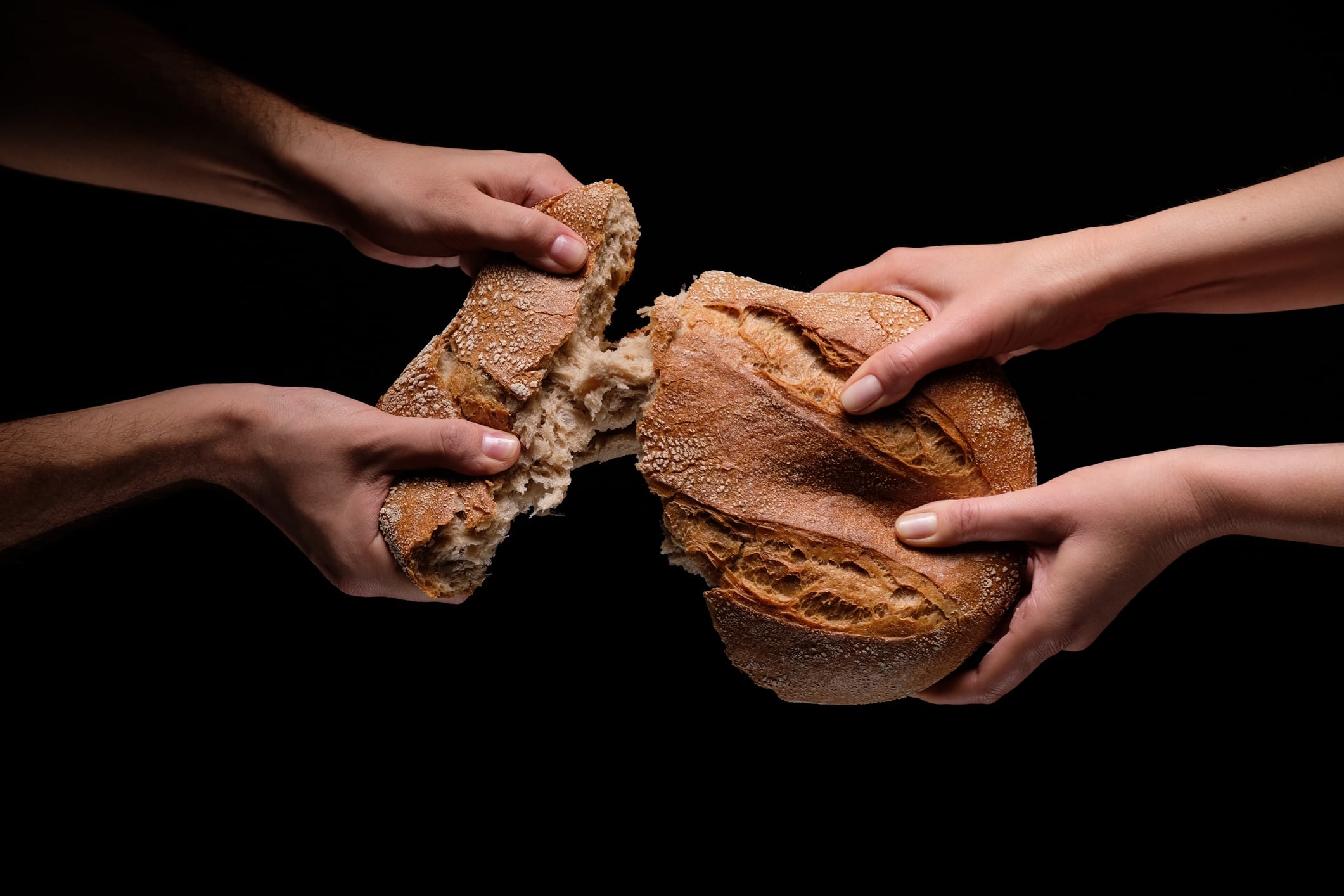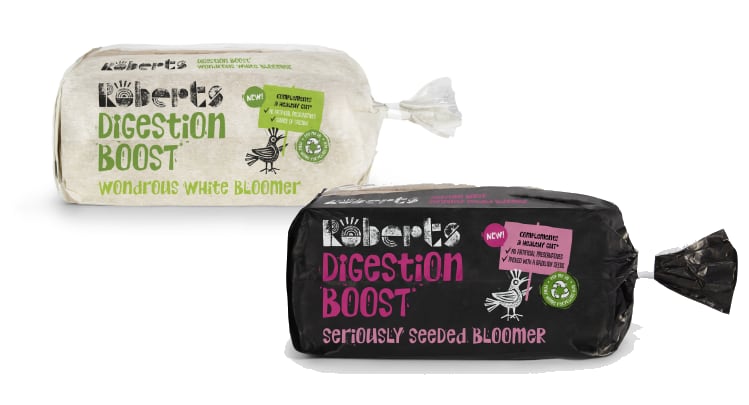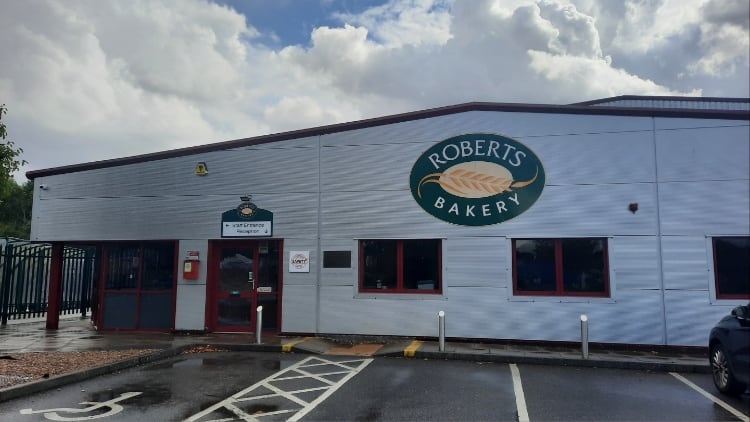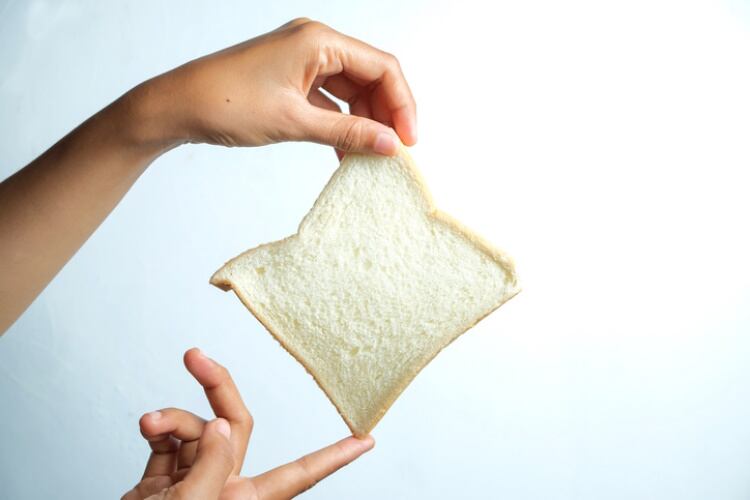Key takeaways:
- Warburtons has acquired Roberts Bakery’s Ilkeston factory to boost production of specialty breads and strengthen its position in the fast-growing value-added segment.
- The deal comes as Roberts enters administration, with its remaining assets split between Warburtons and Boparan Private Office, signaling the end of its 138-year independence.
- The acquisition highlights accelerating consolidation in the UK bread market, now dominated by Warburtons and ABF amid mounting cost pressures and shrinking competition.
Warburtons has snapped up Roberts Bakery’s Ilkeston factory and in doing so, tightened its grip on Britain’s shrinking bread market.
The Bolton-based giant confirmed it has acquired the Derbyshire site, which produces pittas, thins, subs and other specialty breads, just days before Roberts’ parent company, Frank Roberts & Sons, went into administration.
It’s a smart, strategic play rather than a sentimental one for Warburtons. Managing director Mary-Ann Kilby confirmed the acquisition with The Grocer, stating it “provides further capacity to meet demand in a growing segment of the bakery market.” That segment – value-added, versatile bread formats – has been one of the few bright spots in a category that’s struggled to rise under the weight of inflation and supermarket price wars.
The deal also highlights a changing of the guard in UK baking. Once, the industry was built on regional family bakers. Now, it’s increasingly being carved up by two national titans: Warburtons and Associated British Foods (ABF). With ABF snapping up Hovis earlier this year and Warburtons now expanding its reach into specialty breads, the era of mid-tier players like Roberts looks to be over.
It’s also a sign of how Britain’s bread habits are evolving. Shoppers are buying fewer plain loaves and more products that multitask – wraps, thins, seeded rolls – items that feel fresher, lighter and more ‘modern’. Warburtons’ move to snap up Ilkeston ensures it’s ready to meet that demand head-on, with the added production muscle to keep supermarket shelves stocked.
A market growing smaller but tougher

The Ilkeston site is a tidy fit for Warburtons’ strategy. The company’s revenues rose 4.2% to £741.1 million in the year to September 2024, defying the broader category decline through diversification into gluten-free, protein-fortified and convenient bakery lines. With the Roberts site now under its wing, Warburtons gains valuable extra capacity right where demand’s still rising.
Roberts, meanwhile, had been fighting a losing battle. Even after an insurance payout from the Northwich fire, rising energy bills, ingredient inflation and supermarket price competition made recovery difficult. The company cut 250 jobs in July, announced the closure of the Ilkeston plant in September and entered consultation with 38 staff before the pre-pack deal with Warburtons was finalized.
While Warburtons claimed the specialty site, Roberts’ main bread bakery in Northwich and its Winsford biscuits operation have been rescued separately by Boparan Private Office – saving more than 400 jobs. Together, the two transactions have effectively split the old Frank Roberts & Sons group between Britain’s biggest bakery and one of its most active private equity investors.
The latest round of deals underscores how concentrated Britain’s bread market has become. Rising costs, excess capacity and years of supermarket price pressure have left little room for mid-sized bakers to compete, pushing the industry toward fewer, larger operators. Those with the balance sheets to ride out cost swings and invest in efficiency are the ones still standing.
For Warburtons, the Ilkeston purchase reinforces its focus on the only corner of the category that’s still growing – specialty breads such as thins, wraps and seeded loaves. The added capacity gives the company more scope to serve both retail and foodservice customers and to keep pace with changing eating habits, where bread has to work harder across breakfast, lunch and snack occasions.
What’s at stake

Roberts entered consultation with 38 staff when it announced the Ilkeston closure, though it’s not yet clear how many of those jobs will be retained under Warburtons. The site is expected to remain fully operational and Warburtons signage has already gone up. But for the Roberts family, it marks the end of 138 years of independent breadmaking in Cheshire – a sobering reminder that legacy alone can’t insulate against market change.
There’s also the bigger question of what this means for competition. Between Warburtons’ new capacity and ABF’s hold over Hovis and Kingsmill, Britain’s industrial bread supply is now dominated by just two major players. That concentration could bring efficiencies and investment, but it also risks reducing supplier diversity and innovation at a time when consumers are hungry for choice.
Still, there’s little doubt Warburtons’ move makes strategic sense. As consumers turn toward thinner, lighter, more versatile bakery formats, the Ilkeston acquisition gives it the scale to grow in precisely that space.
For Roberts, the story closes on a proud but painful note. For Warburtons, it’s another decisive step in shaping the future of Britain’s bread industry – one that’s smaller, tougher, and increasingly defined by scale.




